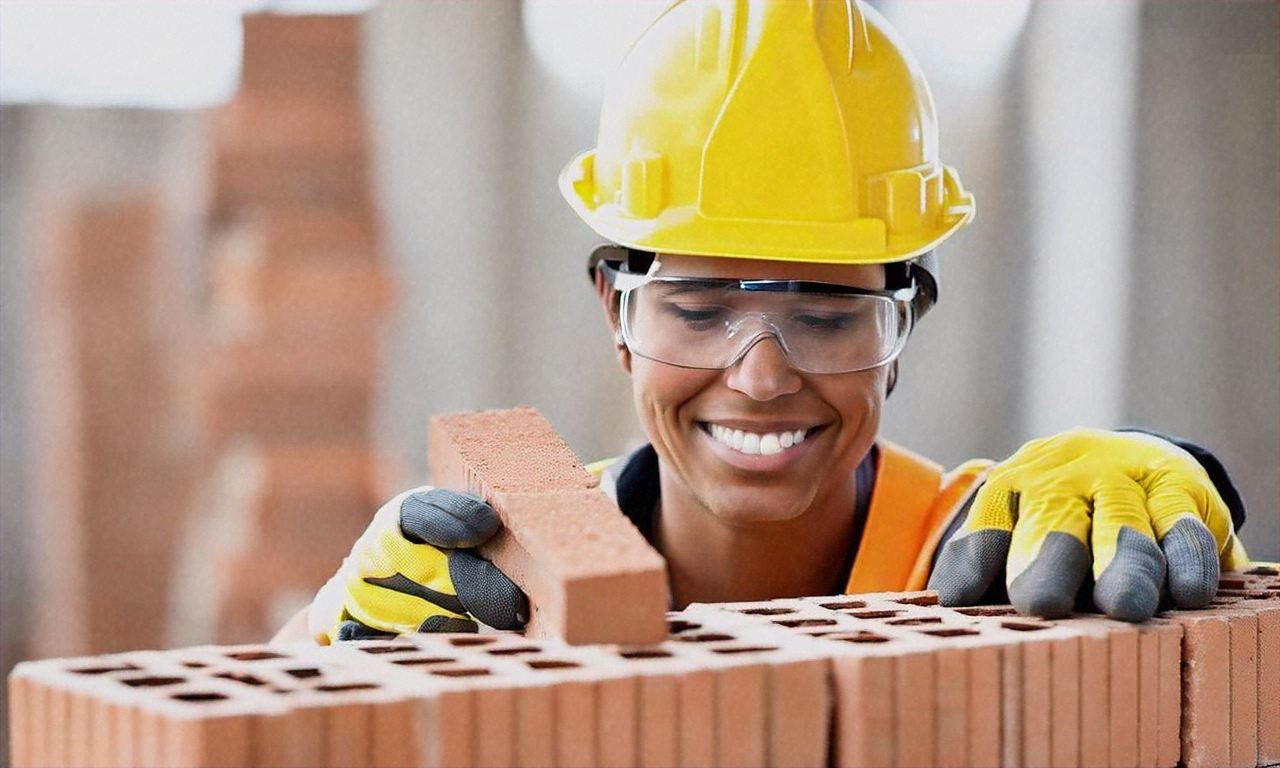Crane Jobs: Building a Rewarding Career in Construction
Crane operators play a crucial role in the construction industry, operating massive machines that lift and move heavy materials on job sites. This specialized career path offers a unique blend of technical skill, responsibility, and the satisfaction of contributing to large-scale projects. If you're considering a career as a crane operator, it's essential to understand the training requirements, job prospects, and what the day-to-day work entails.

Once the initial training is complete, operators must obtain certification from organizations such as the National Commission for the Certification of Crane Operators (NCCCO) or a similar accredited body. This certification typically involves passing both written and practical exams to demonstrate proficiency in crane operation and safety procedures.
How long does it take to train as a crane operator?
The duration of crane operator training can vary depending on the program and the type of crane you’re learning to operate. Generally, initial training programs can last anywhere from a few weeks to several months. Some apprenticeship programs, which combine on-the-job training with classroom instruction, may take up to four years to complete.
It’s important to note that crane operation is a skill that develops over time. Even after completing formal training and certification, many operators continue to gain experience and refine their skills on the job for years to come.
What are the career prospects for crane operators?
The career outlook for crane operators is generally positive. As the construction industry continues to grow and evolve, the demand for skilled crane operators remains steady. According to the U.S. Bureau of Labor Statistics, employment of crane and tower operators is projected to grow 4 percent from 2020 to 2030, which is about as fast as the average for all occupations.
Crane operators can find employment opportunities in various sectors, including construction, manufacturing, shipping ports, and mining. With experience and additional certifications, operators may advance to supervisory roles or specialize in operating more complex crane types, potentially increasing their earning potential.
What does a typical day look like for a crane operator?
A typical day for a crane operator begins with a thorough inspection of the crane and its components to ensure everything is in proper working order. This includes checking fluid levels, inspecting cables and hooks, and testing control systems. Safety is paramount in this profession, so operators must be vigilant about identifying and addressing any potential issues before beginning work.
Once the crane is deemed safe for operation, the operator will review the day’s tasks and communicate with ground crews to coordinate lifting operations. Throughout the day, the crane operator will carefully maneuver heavy loads, following precise instructions and adhering to safety protocols. This work requires a high level of concentration, spatial awareness, and the ability to make quick decisions in response to changing conditions on the job site.
What are the salary expectations for crane operators?
The salary for crane operators can vary widely based on factors such as experience, location, and the specific industry in which they work. According to recent data, the median annual wage for crane and tower operators in the United States is approximately $62,240. However, those in the top 10% of earners can make over $96,000 per year.
| Industry | Median Annual Wage |
|---|---|
| Specialty Trade Contractors | $71,410 |
| Heavy and Civil Engineering Construction | $65,230 |
| Construction of Buildings | $62,370 |
| Manufacturing | $57,920 |
Prices, rates, or cost estimates mentioned in this article are based on the latest available information but may change over time. Independent research is advised before making financial decisions.
How can one advance in a crane operator career?
Advancement in a crane operator career often comes with experience and additional certifications. As operators gain expertise, they may have the opportunity to work on more complex projects or operate larger, more specialized cranes. Some crane operators choose to specialize in particular industries or types of cranes, such as tower cranes for high-rise construction or port cranes for maritime operations.
Further career growth may lead to supervisory or management positions, such as site supervisor or project manager. Additionally, experienced crane operators may choose to become instructors, training the next generation of operators and sharing their knowledge of safety practices and operational techniques.
In conclusion, a career as a crane operator offers a unique blend of technical skill, responsibility, and the opportunity to contribute to major construction projects. While the path to becoming a crane operator requires dedication to training and safety, it can lead to a stable and rewarding career in the construction industry. With ongoing demand for skilled operators and opportunities for advancement, those who pursue this path can look forward to a promising future in the field of crane operation.






